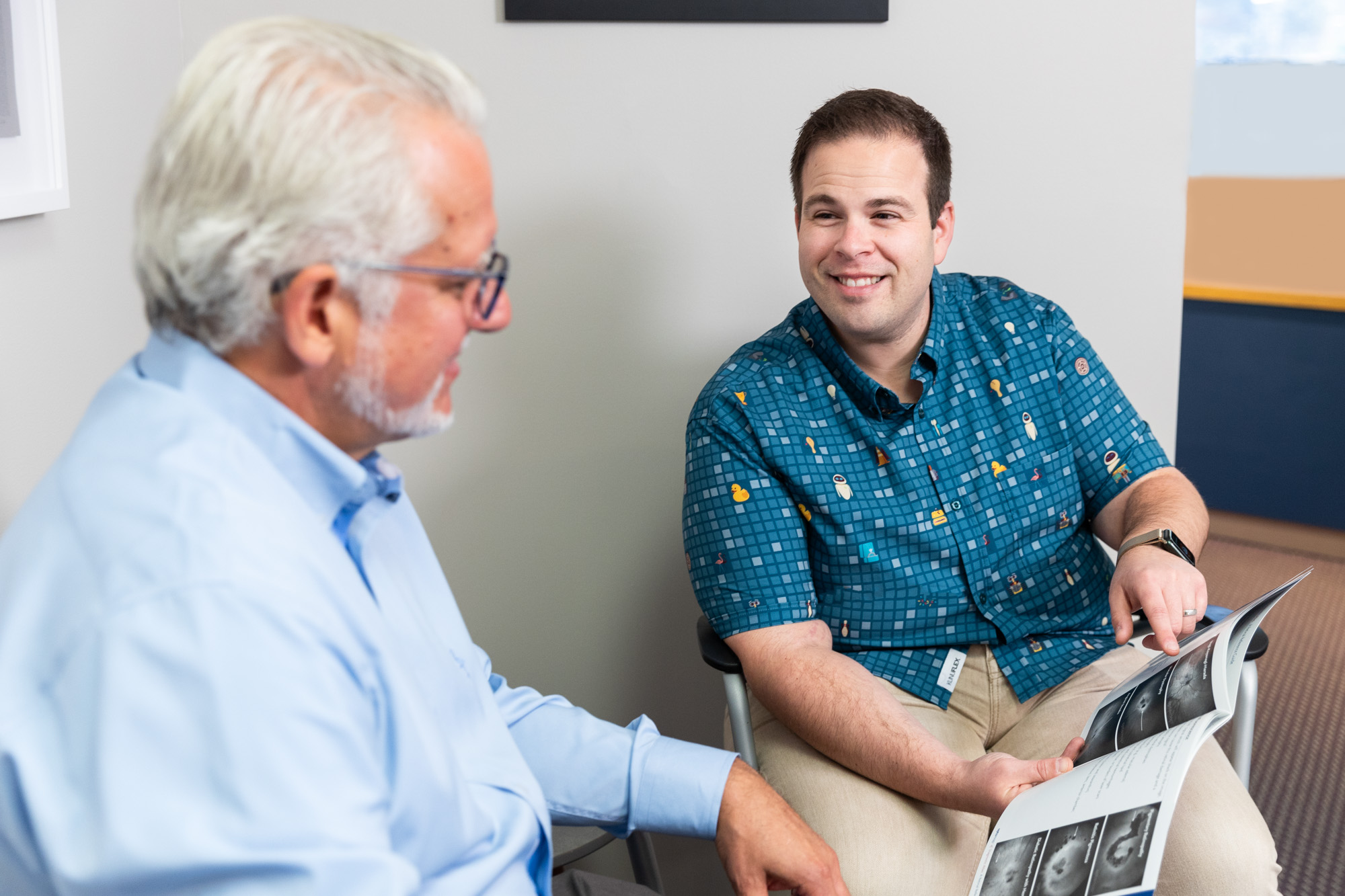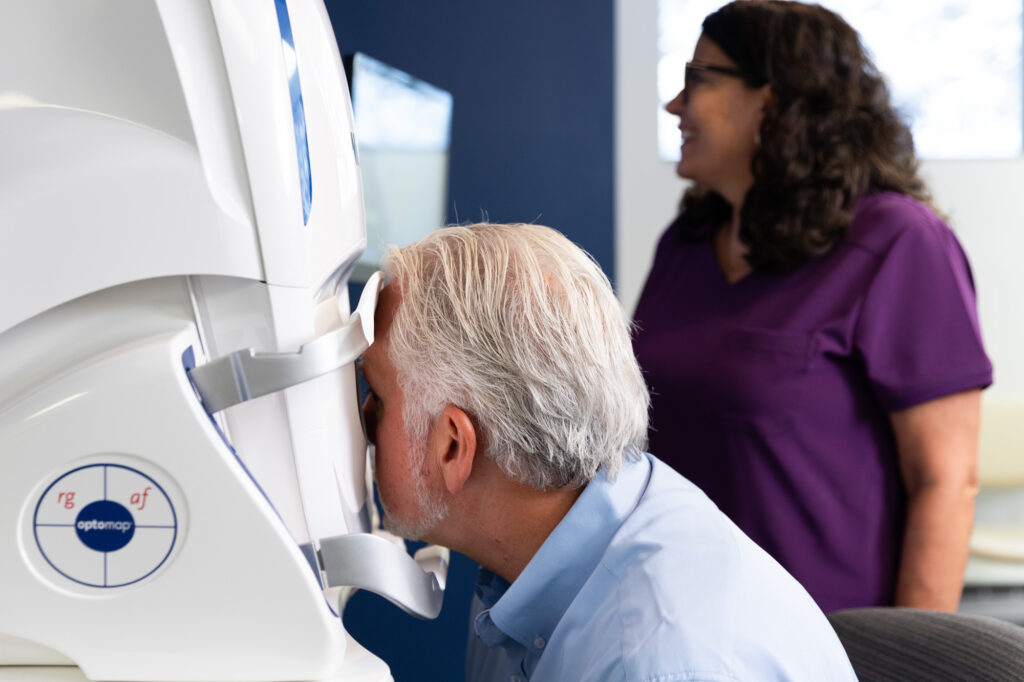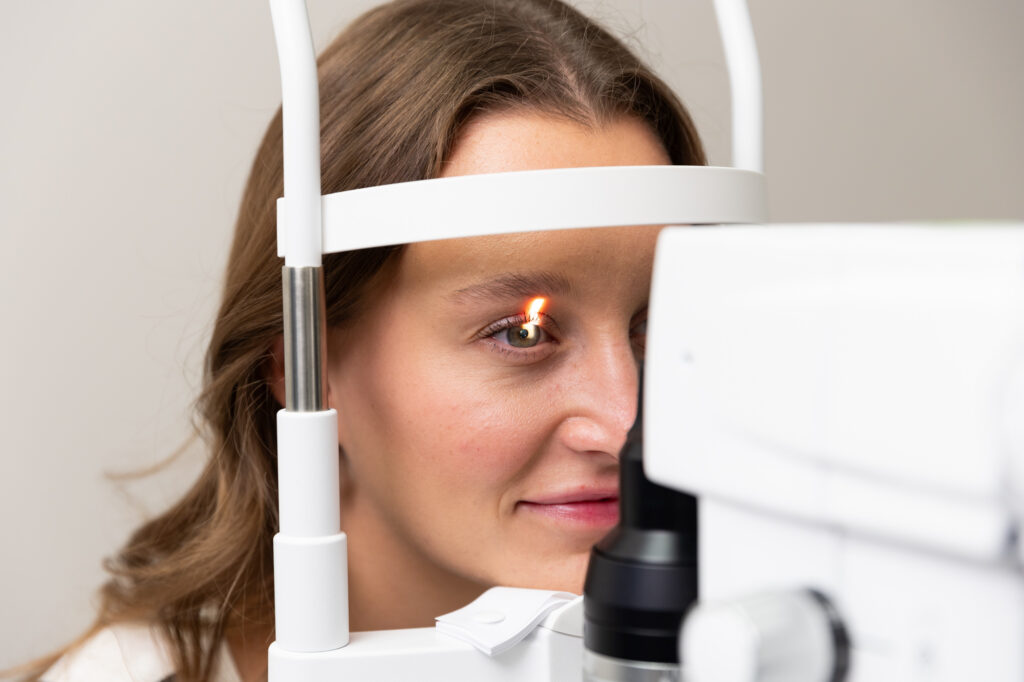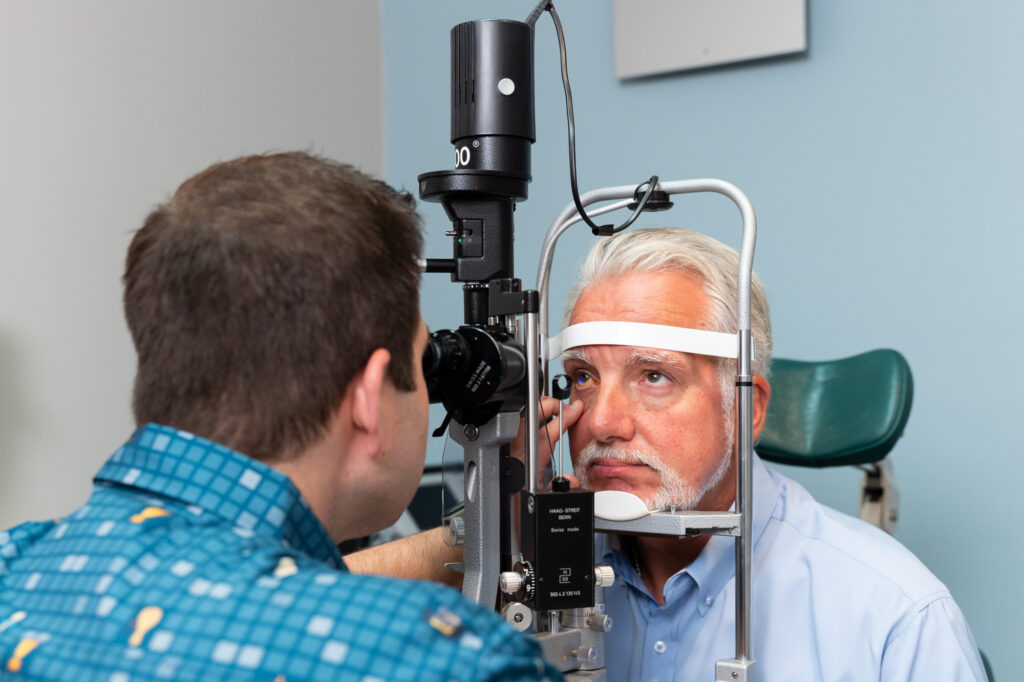To check for cataracts, we’ll do a comprehensive eye exam, including a visual acuity test, slit-lamp examination, and pupil dilation.
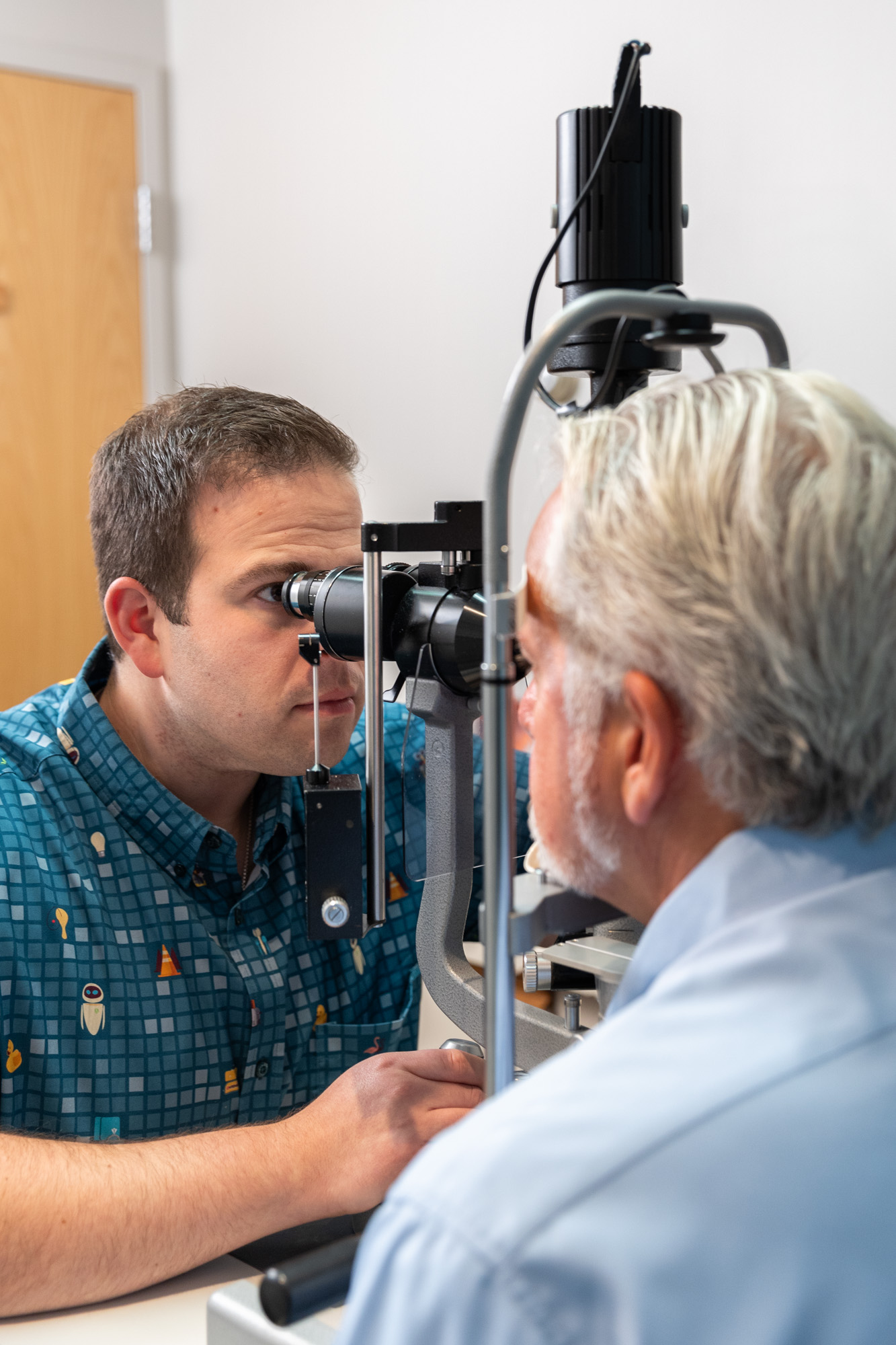
Cataract Surgery in Marblehead
Helping You See More Clearly
Request Your Appointment Today
We take your vision seriously. Schedule an Appointment Today!

Start by Building a Treatment Plan
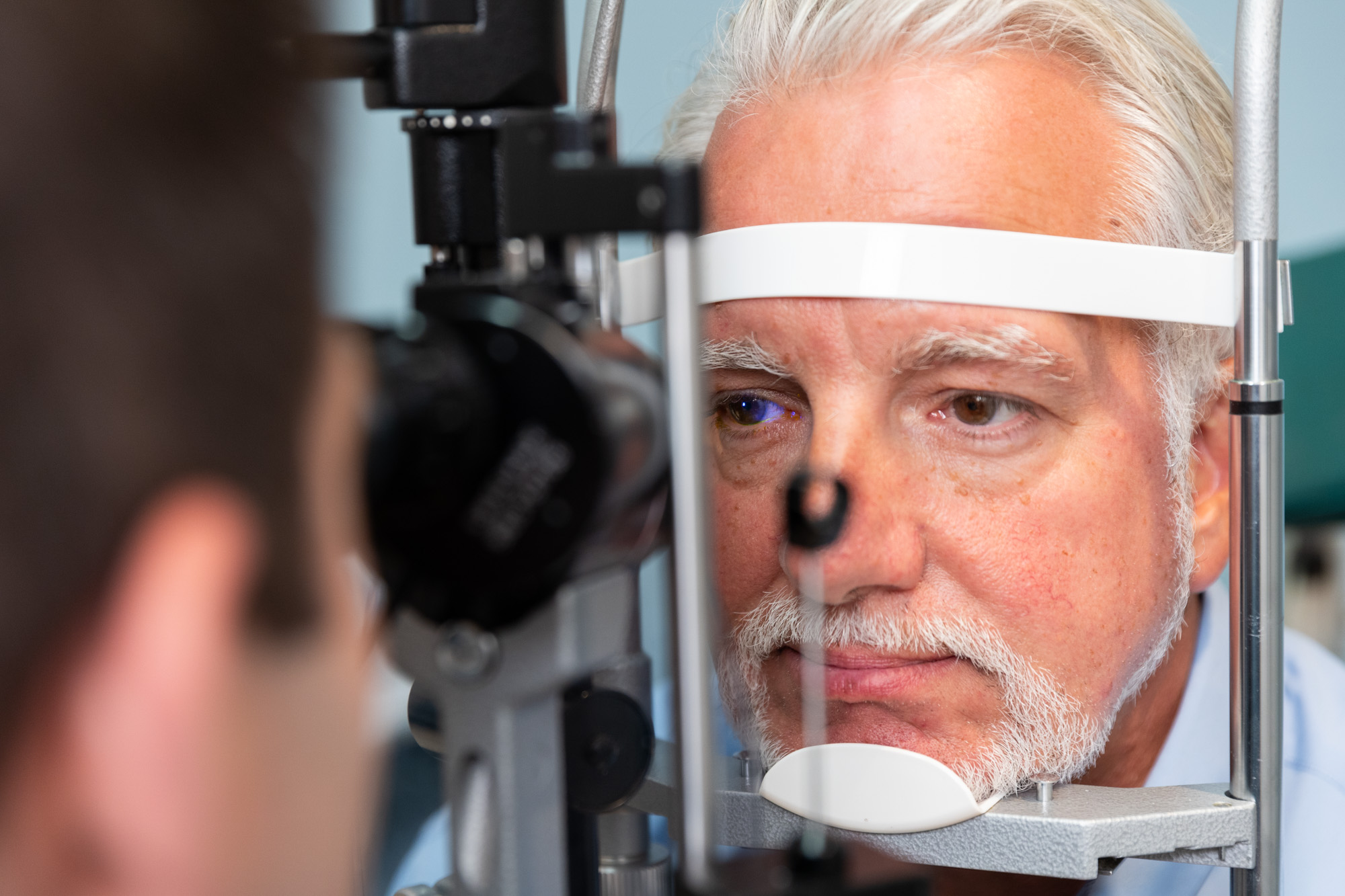

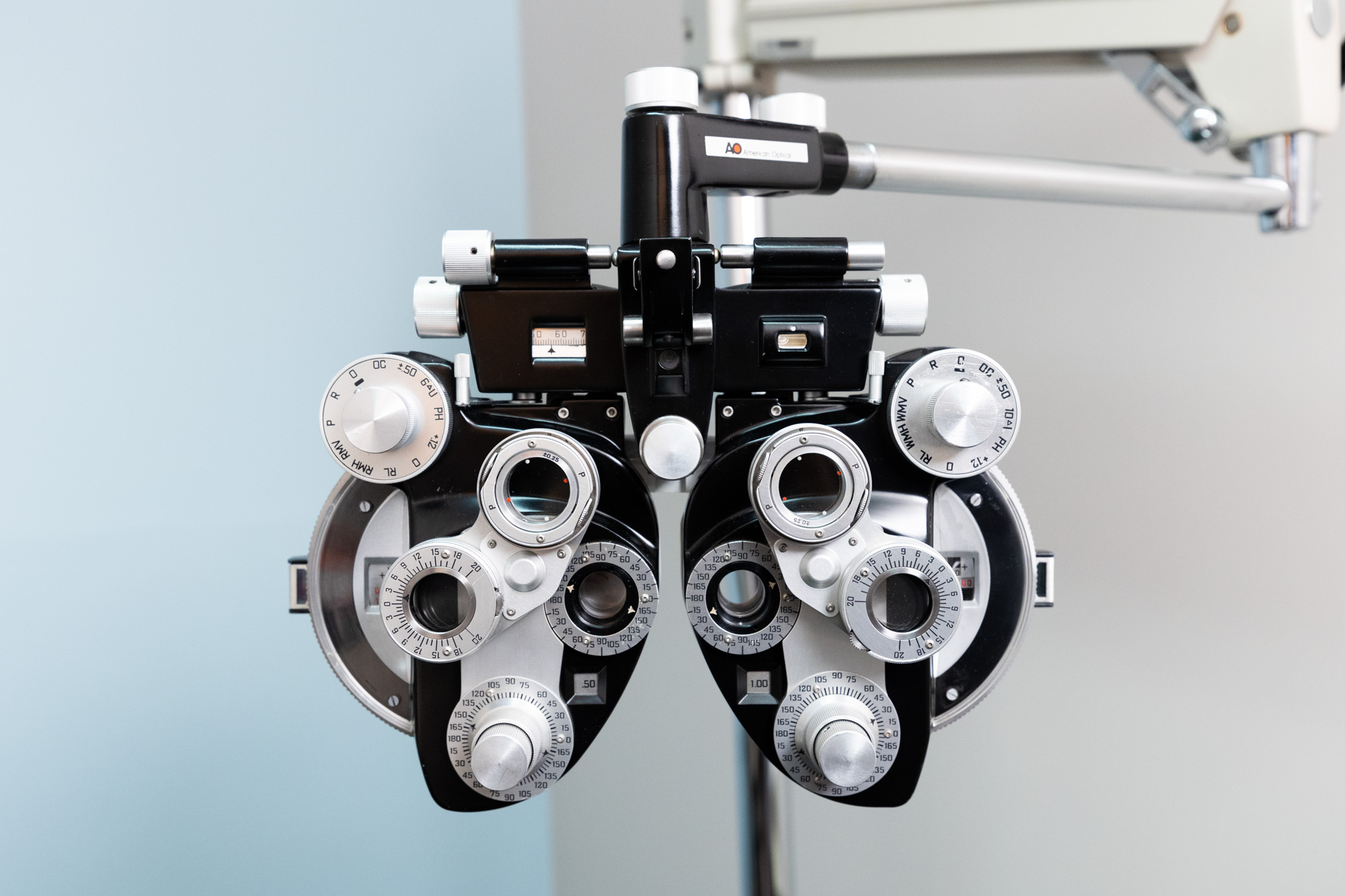
High Level Overview
Struggling with Cloudy Vision?
Cataracts are an extremely common condition that happens to most people as we age.
By age 80, most people have cataracts or have had cataract surgery. Common symptoms include:
Treating Cataracts
Surgery is the only way to remove cataracts, but you might not need surgery right away depending on the growth of your cataracts.
We can explore different treatment options like updated prescription lenses or surgery, depending on your needs.
Caring For Your Eyes
Solution-Driven
We prioritize offering our patients the care they require, from regular check-ups to advanced treatments and procedures.
Education-Focused
We want to make sure our patients truly understand their health and how to be proactive about their vision care.
Patient-Centered
Dr. Orenberg sees every patient, taking time to get to know them and answering their questions with empathy and warmth.


Our Patients Say It Best
Dr. Orenberg is amazing! So kind, patient, and gentle, part of the reason I leftover my previous ophthalmologist. Felt totally at ease. Knows his stuff to boot. So glad he’s in town. I swear he had a fan club of patients in the waiting room!
Abbie L.
Dr. Orenberg is a bright addition to the field of ophthalmology. He is well educated and very personable. His technical assistant was very nice and professional. He has the latest in technology and performs a thorough exam. I recommend this practice highly.
Alan L.
Dr. Orenberg and his staff are wonderful! I would highly recommend them to all of my friends and family. Everyone at the office seems very happy, smart, and they see patients on time!
Barbara C.
Had a wonderful experience At Marblehead Ophthalmology with Dr, Andrew Orenberg today. He was incredibly thorough, kind, and offered great explanations of what he was doing on a step-by-step basis. He’s an asset to the medical community Wish all of my experience with doctors Could be this pleasant.
Eve T.
Dr. Orenberg is knowledgeable, warm, and listens to the needs of patients. His staff is terrific. A great experience!
Pam S.
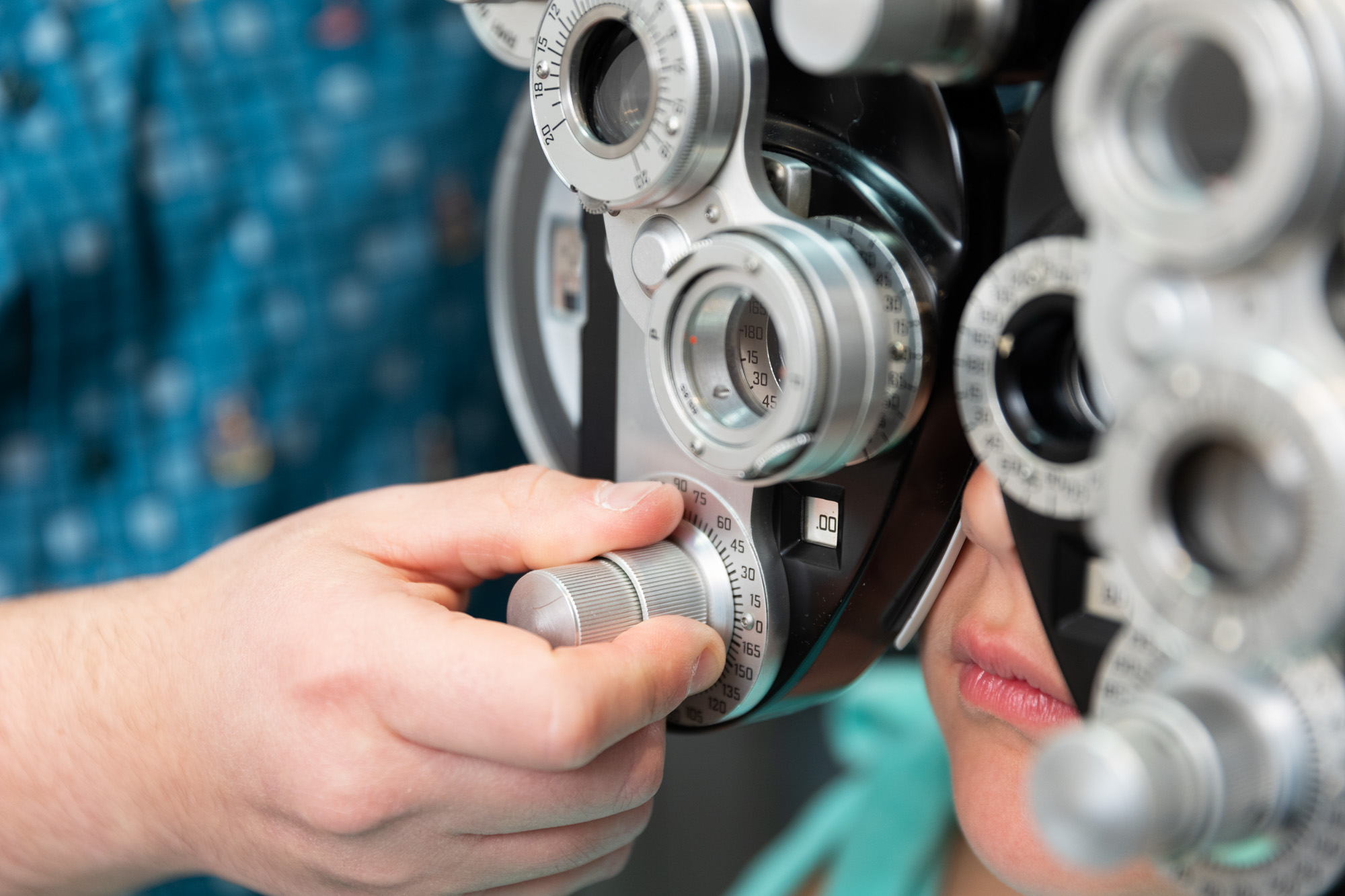

Discover The Possibilities
Use our online Treatment Planning Tool to get personalized recommendations for your care.
Am I at risk for cataracts?
Your risk for cataracts increases as you age, but you can be at higher risk if you have certain health problems like diabetes, have had a previous eye injury, or if you have a family history of cataracts. If you’re worried you’re at risk for cataracts, talk with your doctor.
Quitting smoking, reducing your alcohol intake, and avoiding prolonged sun exposure are all lifestyle changes you can make to lower your risk.
What Causes Cataracts?
Overall, multiple factors, including age and environmental influences, contribute to the development of cataracts.
Genetics play a role, as some families have a higher predisposition. Meaning, if your parents had cataracts, it’s likely that you’ll develop them as you age.
As for the science: cataracts form when proteins in the eye’s lens clump together, clouding vision. Age-related changes, including protein breakdown and oxidative damage, are primary causes.
Other causes may include:
- Chronic conditions like diabetes
- Prolonged exposure to UV radiation from sunlight
- Lifestyle factors such as smoking
- Certain medications like corticosteroids
- Eye injuries or surgeries, particularly without adequate post-operative care
Do all cataracts need surgery?
Not all cataracts need surgery right away, although that is the only way to remove them.
Cataracts typically require surgery when they impair your vision significantly, making it hard to complete your daily activities, like reading or driving. However, patients with early-stage cataracts can often manage it with prescription glasses or lifestyle adjustments until vision deteriorates further.
If you choose not to get cataract surgery immediately, we may recommend more frequent exams to monitor the condition.
Cataract surgery involves replacing the clouded lens with an artificial one to restore clear vision. As a patient of Marblehead Ophthalmology, Dr. Andrew Orenberg will complete your cataract surgery at North Shore Cataract & Laser in Stoneham, MA.
You’ll want to arrange for transportation home after the procedure. We will ask you to fast before your surgery and possibly pause certain medications. Dr. Orenberg will walk you through the entire process before your surgery.
Dr. Orenberg will perform your cataract surgery under moderate and topical anesthesia, which will numb your eye and allow you to remain awake but relaxed during the procedure. Then he will make a small incision to remove the clouded lens and replace it with an artificial intraocular lens (IOL). This outpatient procedure typically takes less than 30 minutes.
Post Operation Guidelines:
- Use your post-operative drops as instructed.
- Avoid strenuous activities and heavy lifting for the first few days.
- Avoid hot tubs, pools, and any environments with debris or caustic fumes and chemicals.
- Avoid touching or rubbing your eye, even if it feels itchy or irritated. This can disrupt the healing process and increase the risk of infection.
- Wear the protective eye shield while sleeping, to protect the eye from accidental rubbing or pressure.
